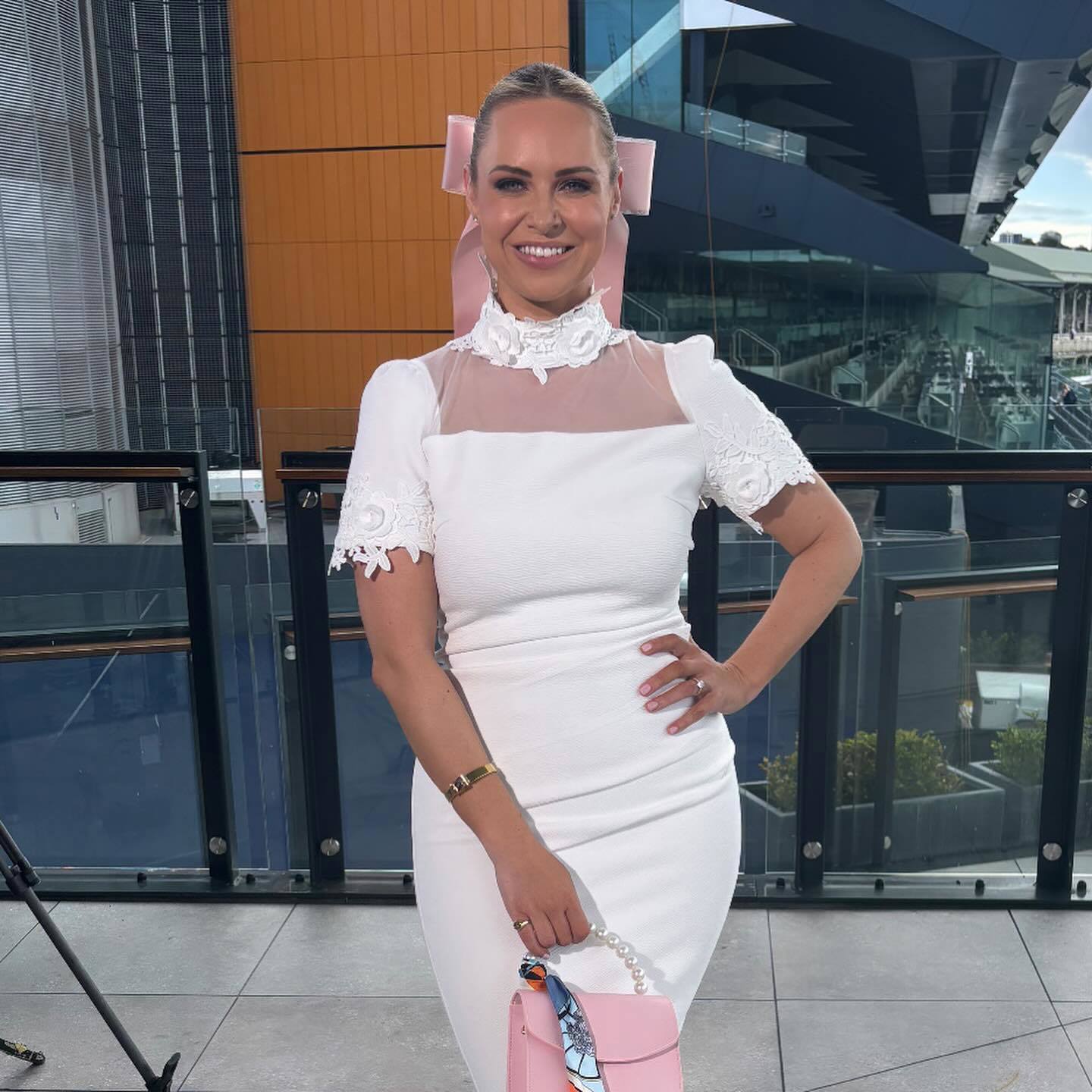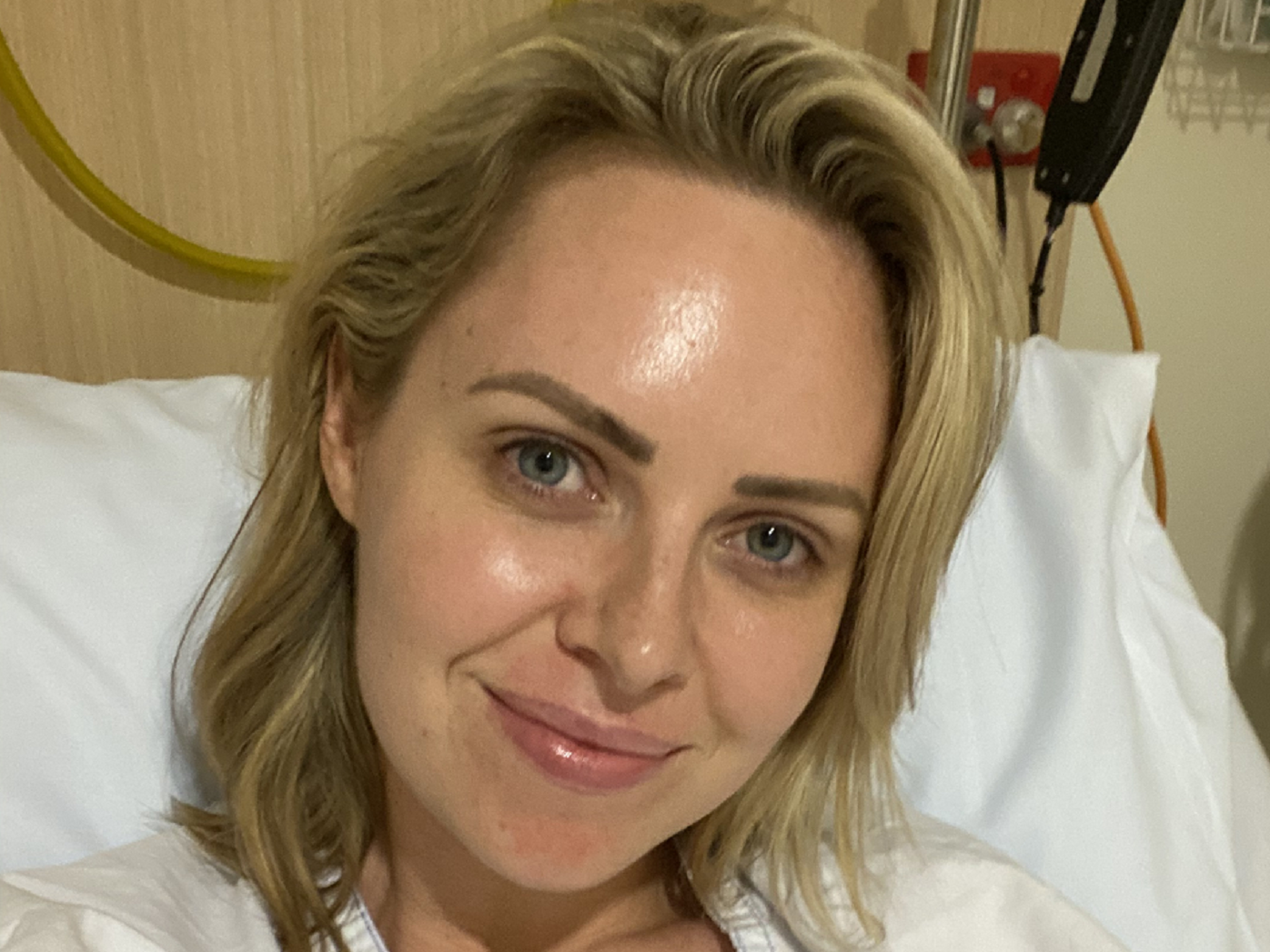For six years, Julie Snook couldn't get doctors to listen to her when the mystery illness wreaking havoc on her body landed her in the hospital emergency room.
Even specialists didn't take her seriously and the incurable disease was left to spread without diagnosis or treatment for years.
"I felt like I was making it up, and the amount of women that I have spoken to over the years who say the same thing ... you feel like you're going a bit crazy," the presenter, communications adviser and former 9News journalist told 9news.com.au.
READ MORE: Sydney rail strike delayed, but days-long shutdown still looms

New Australian Bureau of Statistics data has revealed Snook was not alone - women are significantly less likely to report positive experiences with hospital ED doctors, specialists, and nurses than men.
The ABS' latest Patient Experiences report found that while 72 per cent of men felt they were "always listened to carefully" by hospital doctors and specialists, only 62 per cent of women felt that way.
Have you got a story? Contact reporter Maddison Leach at mleach@nine.com.au
Only 66 per cent of women felt they were "always shown respect" by doctors and specialists compared to 76 per cent of men.
And just 58 per cent of women said they "always had enough time spent with" hospital doctors and specialists compared 69 per cent of men.
Men also reported more positive experiences with hospital ED nurses than women.
READ MORE: Woman's car found parked 400km from where her body was buried
"Unfortunately this isn't really new information," Snook said.
She was 19 when she was finally diagnosed with endometriosis, which affects one in seven Australian women, after years of begging dismissive doctors for answers.
It was only afterwards that she learned her experiences weren't unique.
Now Snook is an ambassador for Endometriosis Australia and has a deeper understanding of the challenges women can face when they don't feel listened to or respected by medical professionals, especially in a hospital setting.
For example, it takes 6.5 years on average to get an endometriosis diagnosis in Australia and many women report the reason it takes so long is because doctors dismiss their symptoms even when they present to hospital emergency departments.
READ MORE: Record number of junior doctors training to become GPs - but the industry says it's not enough

It was previously reported that two out of three women experience discrimination in healthcare and these new figures reinforce what some women have been saying about gender inequality in Australia's medical system for years.
"This isn't new information but I certainly hope it's enough to drive some change and some action," Snook said.
The ABS data also revealed that women are more likely than men to delay or not see a health professional for their own mental health when needed due to cost (24 per cent compared to 14.8 per cent).
That figure doesn't surprise Snook either.
"A lot of busy women, mums in particular, their focus is on everyone else," she said.
DOWNLOAD THE 9NEWS APP: Stay across all the latest in breaking news, sport, politics and the weather via our news app and get notifications sent straight to your smartphone. Available on the Apple App Store and Google Play.
